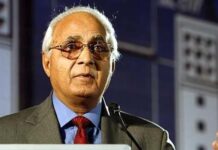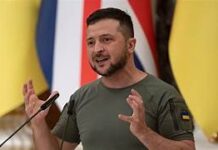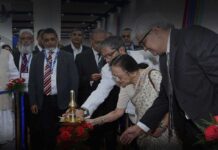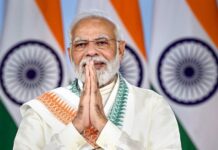In a recent development, the founder of Georgian Airways, the national airline of Georgia, has made the decision to prohibit the country’s president from utilizing the airline’s services. This decision comes as a response to the president’s announcement of a personal boycott against the airline due to its decision to resume flights to Russia. The ban imposed by the founder highlights the escalating tensions and complexities surrounding the resumption of direct flights between the two countries.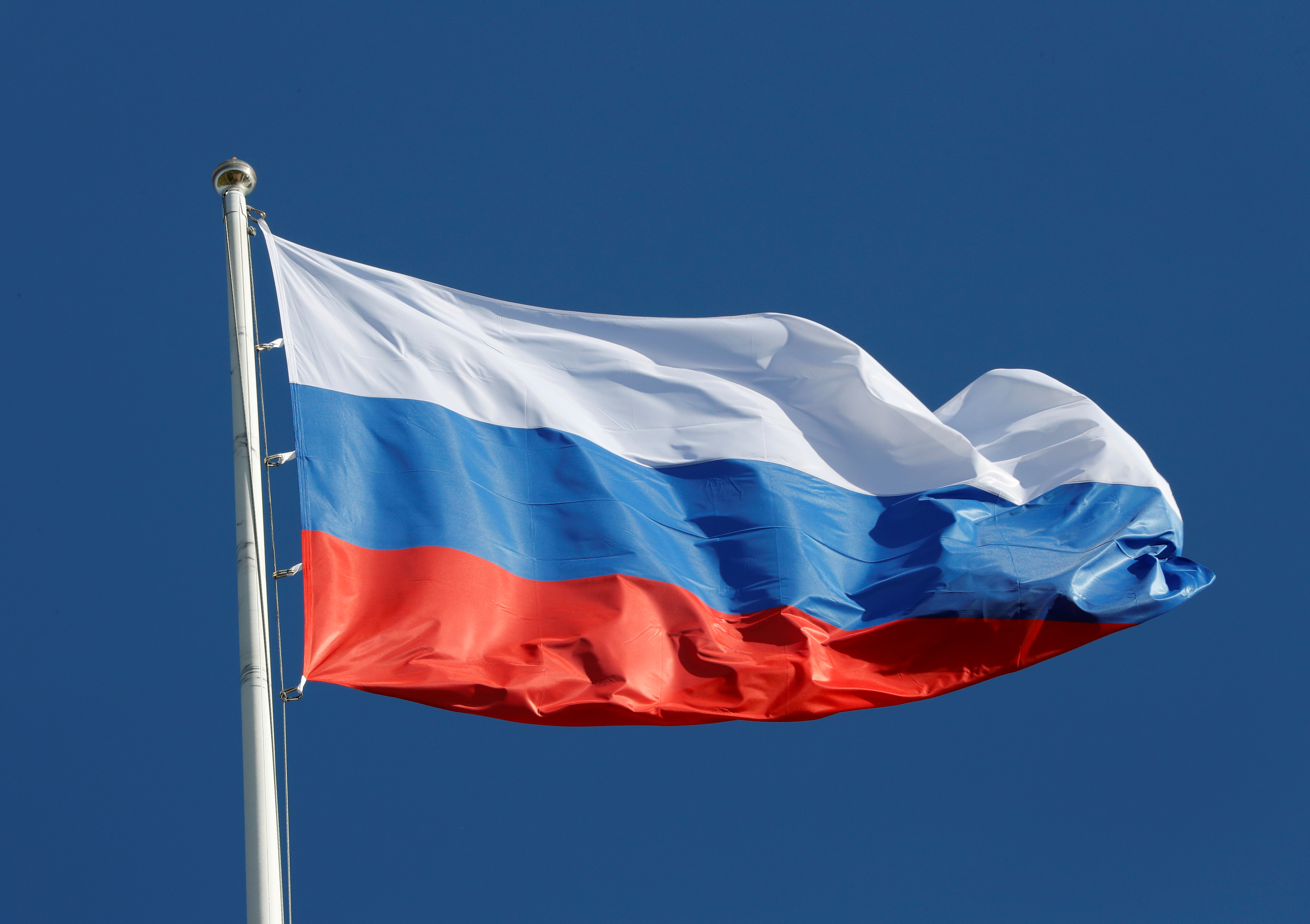
Earlier this month, Russia made an announcement regarding the lifting of a four-year ban on direct flights with Georgia. Furthermore, Russia also abolished the long-standing visa requirement for Georgians traveling to Russia. This move was met with mixed reactions, particularly from Georgian President Salome Zourabichvili, who urged Georgian authorities to oppose the Russian initiative. However, her appeal was ultimately disregarded by the authorities.
Tamaz Gaiashvili, the founder of privately-owned Georgian Airways, expressed his stance on the matter in an interview with TASS, a Russian news agency. He stated that President Zourabichvili is now considered “persona non grata” by the airline and will be banned from utilizing its services until she issues an apology to the Georgian people. As of now, there has been no immediate response from President Zourabichvili regarding this ban.
While the resumption of flights was welcomed by some Georgian officials, there were demonstrations held in central Tbilisi by individuals who oppose closer ties with Russia and advocate for the country’s alignment with the European Union. These protesters expressed their concerns about any potential rapprochement with Moscow, especially given the ongoing presence of Russian troops in the breakaway regions of Abkhazia and South Ossetia, which account for a significant portion of Georgian territory.
However, it is worth noting that there are also Georgians who hold a more open stance towards developing relations with Russia. In recent years, the Georgian government has made efforts to improve ties with Moscow and has refrained from imposing sanctions on Russia in relation to the conflict in Ukraine. Despite this, President Zourabichvili, whose role is primarily ceremonial and whose relationship with the government is strained, has cautioned against deepening ties with Russia, highlighting the potential risks it could pose to Georgia’s aspirations of EU membership.
The decision made by Georgian Airways’ founder to ban the president from the airline reflects the complex dynamics at play in the region. The resumption of direct flights between Georgia and Russia has not only sparked differing reactions among the Georgian population but has also intensified the ongoing debate surrounding the country’s geopolitical alignment. As tensions persist and negotiations continue, the future of Georgia’s relationship with Russia and its European aspirations remain uncertain.
Georgian Airways Founder Bans President from Airline Following Russia-Georgia Flight Resumption
Tensions have escalated in Georgia as the founder of Georgian Airways, the country’s national airline, has taken the unprecedented step of barring the president from utilizing the airline’s services. This decision comes in response to the president’s declaration of a personal boycott against the airline due to its recent decision to resume flights to Russia. The ban imposed by the founder underscores the deepening complexities and strains resulting from the resumption of direct flights between the two nations.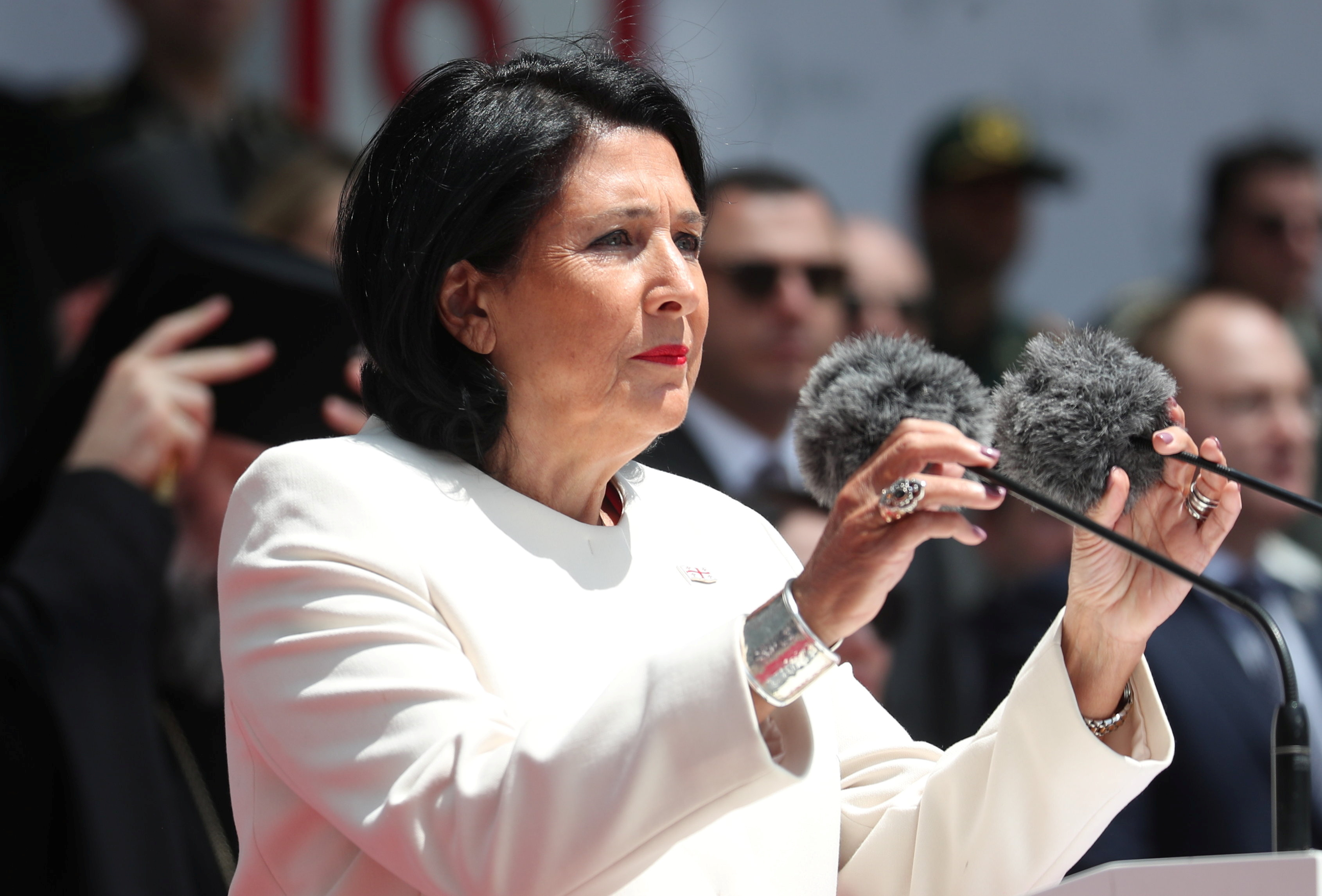
Russia’s announcement earlier this month about lifting the four-year ban on direct flights with Georgia, along with the removal of the long-standing visa requirement for Georgians traveling to Russia, evoked mixed reactions. Georgian President Salome Zourabichvili vehemently urged Georgian authorities to thwart the his initiative, but her appeal was met with disregard.
According to TASS, a Russian news agency, Tamaz Gaiashvili, the founder of privately-owned Georgian Airways, labeled President Zourabichvili as “persona non grata” and declared that she would be prohibited from using the airline’s services until she issues an apology to the Georgian people. The president has not responded immediately to this ban.
While some Georgian officials welcomed the resumption of flights, demonstrating their openness to engaging with Russia, others voiced their opposition. In central Tbilisi, individuals who advocate for distancing Georgia from Moscow in favor of closer ties with the European Union staged demonstrations against the flight resumption on Sunday. Their concerns stem from his’s military presence in the breakaway regions of Abkhazia and South Ossetia, which collectively constitute a significant portion of Georgian territory.
It is important to note that not all Georgians hold a rigid stance against the nation. In recent years, the Georgian government has actively worked towards improving relations with Moscow, choosing not to impose sanctions on his over the Ukrainian conflict. Nevertheless, President Zourabichvili, whose role is largely ceremonial and who experiences strained relations with the government, cautioned against deepening ties with nation, emphasizing the potential risks to Georgia’s future EU aspirations.
The founder’s decision to ban the president from Georgian Airways serves as a stark reflection of the complex dynamics at play in the region. The resumption of direct flights between Georgia and Russia has not only generated divergent reactions within the Georgian population but has also reignited debates about the country’s geopolitical alignment. As tensions persist and negotiations ensue, Georgia’s relationship with the nation and its European aspirations remain uncertain, leaving the future direction of the nation in question.



